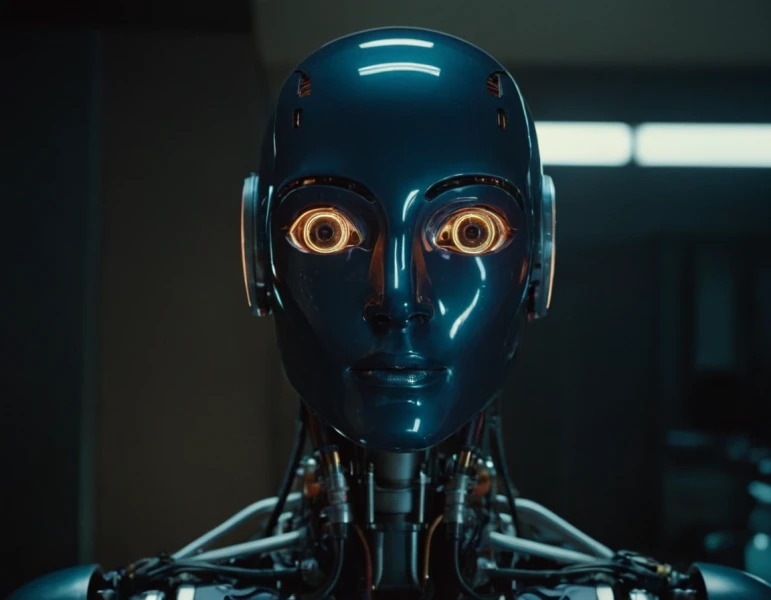Artificial Intelligence Film: An In-Depth Analysis from the Perspective of the Artificial Intelligence Movie.
Artificial Intelligence Film: An In-Depth Analysis from the Perspective of the Artificial Intelligence Movie.
What is "artificial intelligence" in a movie? It seems like a simple question, but as someone who has had the opportunity to immerse himself in this subject from different perspectives, I can tell you that A.I. Artificial Intelligence is not just a film; it is a true emotional journey that touches on themes of science, ethics and, above all, humanity. Directed by Steven Spielberg, but originally conceived by Stanley Kubrick, this 2001 film opened a window into a future where the boundaries between humans and machines blur, inviting us to question the very nature of our emotions and desires.
A.I. Artificial Intelligence: Why Does He Keep Talking About Her?
This film introduces us to David, a child-robot with a single programmed purpose: to love like a human being. The twist? David is designed to love unconditionally, something that even in reality would be a challenge for many. The plot follows this "child" as he seeks acceptance and meaning in a world that rejects him for not being "real." This is where the irony comes in, and Spielberg hits us right in the heart with a moral dilemma: How much should we involve artificial intelligence in our personal lives?

David, played by Haley Joel Osment, lives a constant existential conflict as he navigates a world where "Mechas" (robots) and humans coexist, but with a fine line separating human compassion from technological exploitation. Spielberg raises ethical and emotional questions surrounding technological development, which have become even more relevant today.
Why the Film Resonates So Much
Here's the first secret: this film was an ambitious project of Kubrick's for more than a decade. Kubrick, known for his raw, technical approach, developed the initial idea, but decided that Spielberg could give it the "warmth" he didn't see himself capable of conveying. And it was a winning bet. Spielberg managed to turn the film into an experience that pushes us to think about artificial intelligence not just as technology but as company. It makes us wonder: should we program feelings into a machine, just to satisfy our own?
Cultural and Technological Impact
Since the release of A.I., conversations about artificial intelligence have evolved, and in part, thanks to films like this one that explore the risks and benefits of the technology. Today, AI is no longer fiction: there are robots that show "programmed empathy" and applications that seek to understand our emotions to better serve us. But this raises complicated questions: Is it fair? Is it ethical?Are we, like David, on a desperate quest for connection, and are we trying to achieve it with any being, even if not human?
If this film has taught me anything, it's that we should approach artificial intelligence with caution and reflection. Through David and his journey, Spielberg reminds us that technology, like humans, has potential for greatness and destruction.
Final Thoughts: What Does David Teach Us?
For anyone who wants to understand the true essence of artificial intelligence from a human perspective, I recommend watching this film. Through David's eyes, we can see a reflection of our own insecurities, fears and, above all, hopes. Is it possible for a robot to feel love? Or is it just our desperation for connection that makes us believe it?
In conclusion, A.I. Artificial Intelligence is much more than a science fiction story. It is a mirror of our reality, and perhaps, a warning of what we could face in the not-so-distant future.
Faculties
Trainings
The faculties embrace diverse academic disciplines and fields of study, opening doors to new perspectives and exploring different spheres of wisdom in a constantly evolving world.





